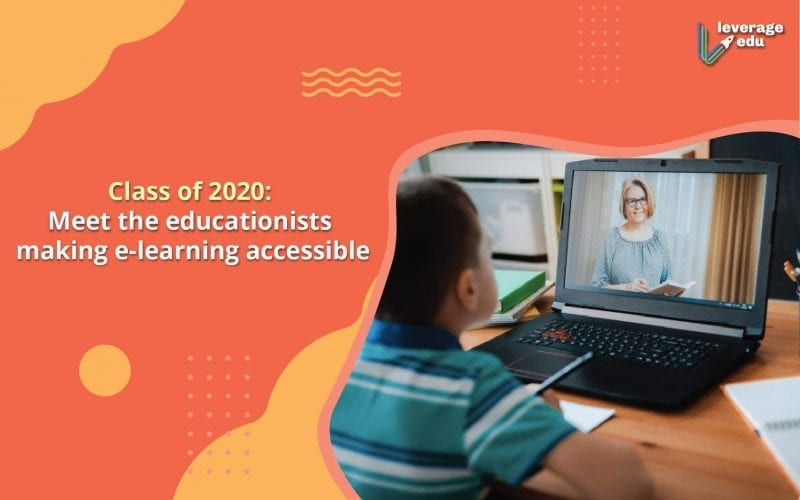With the announcement of the nationwide lockdown in India on 24th March, most schools and colleges had to suspend their classes and later the exams to stop the spread of Covid-19. As the months went on, it became clear that a transition to online classes was necessary due to the infeasibility of offline classes.
This transition was not easy, online classes came with a new set of infrastructure problems that were absent in offline teaching. Educationists all over the country started working on providing solutions to these problems, in order to make the online mode of teaching as effective as possible.
Mubeen Masudi, the founder of RiSE, a Srinagar-based coaching institute, along with his former classmate Bilal Abidi, created an app which converged the features of Zoom, Google Classrooms and WhatsApp in order to check the problems of data overload resulting from using the apps individually. Their app, called WiseApp is divided into four sections: one each for live classes, discussion, assessment and resources. The 13MB app, which cost around 4-5 lakh to be made, has been shared by them as freeware on Playstore and is currently in use by 1500 teachers and 10000 students across India. The duo was congratulated by union education minister Ramesh Pokhriyal in a tweet on 13th August.
Initial Difficulties
Problems of access to internet, connectivity issues and low internet speed are rampant in India, which made the weeks after the lockdown difficult for students. Students in remote areas were even forced to walk for 50 km or climb trees and hills in order to connect to their classes online.
Educators came up with innovative solutions to these problems as well. Amod Joshi, who runs a phone learning initiative backed by the L&T Public Charitable Trust called ‘Read a Story’ to help students in his village learn English, used the same platform to enable students to learn the English curriculum from the tutors. His initiative has helped around 200 students, some of whom have even finished the curriculum for both the current and next year.
Also Read: Deaf Awareness Week: How Deaf Students in India are Tackling Online Education
As a result, many local schools have started embracing the mode of conference calls for teaching. While Joshi’s initiative is currently limited to teaching only English, they are exploring the possibility of expanding it to include other languages as well.
Engagement Problems
Another problem of online education was the lack of concentration and discipline and engagement of the students in the class. Most students find long video lectures monotonous and difficult to concentrate.
As a solution, Aditi Parekh, an educationist from Coimbatore designed a free online tutorial for teachers called Zoom Istruct in collaboration with Prof. Todd Jick from Columbia Business School. The tutorial includes ways to start classes, encourage discussions, design lectures etc. so that it is an interactive and interesting session for students.
Around 250 people have signed up for the free tutorial till date, the lessons of which can also be used to make offline classes interesting according to Parekh. The educator considers the pandemic as an opportunity for teachers to transcend from only being knowledge providers to become efficient facilitators promoting a more active form of learning. Stay tuned to Leverage Edu for latest educational news updates and more!
 One app for all your study abroad needs
One app for all your study abroad needs
















 45,000+ students realised their study abroad dream with us. Take the first step today.
45,000+ students realised their study abroad dream with us. Take the first step today.

